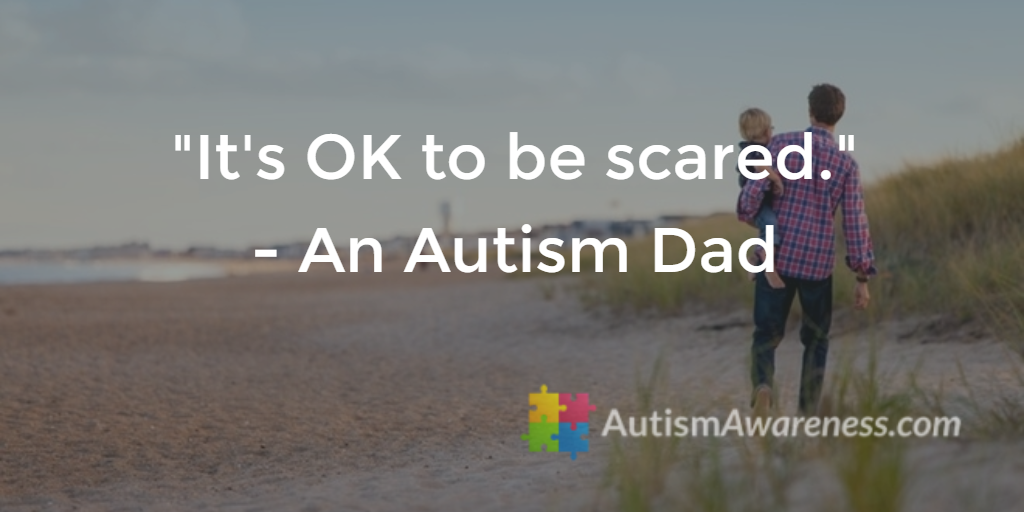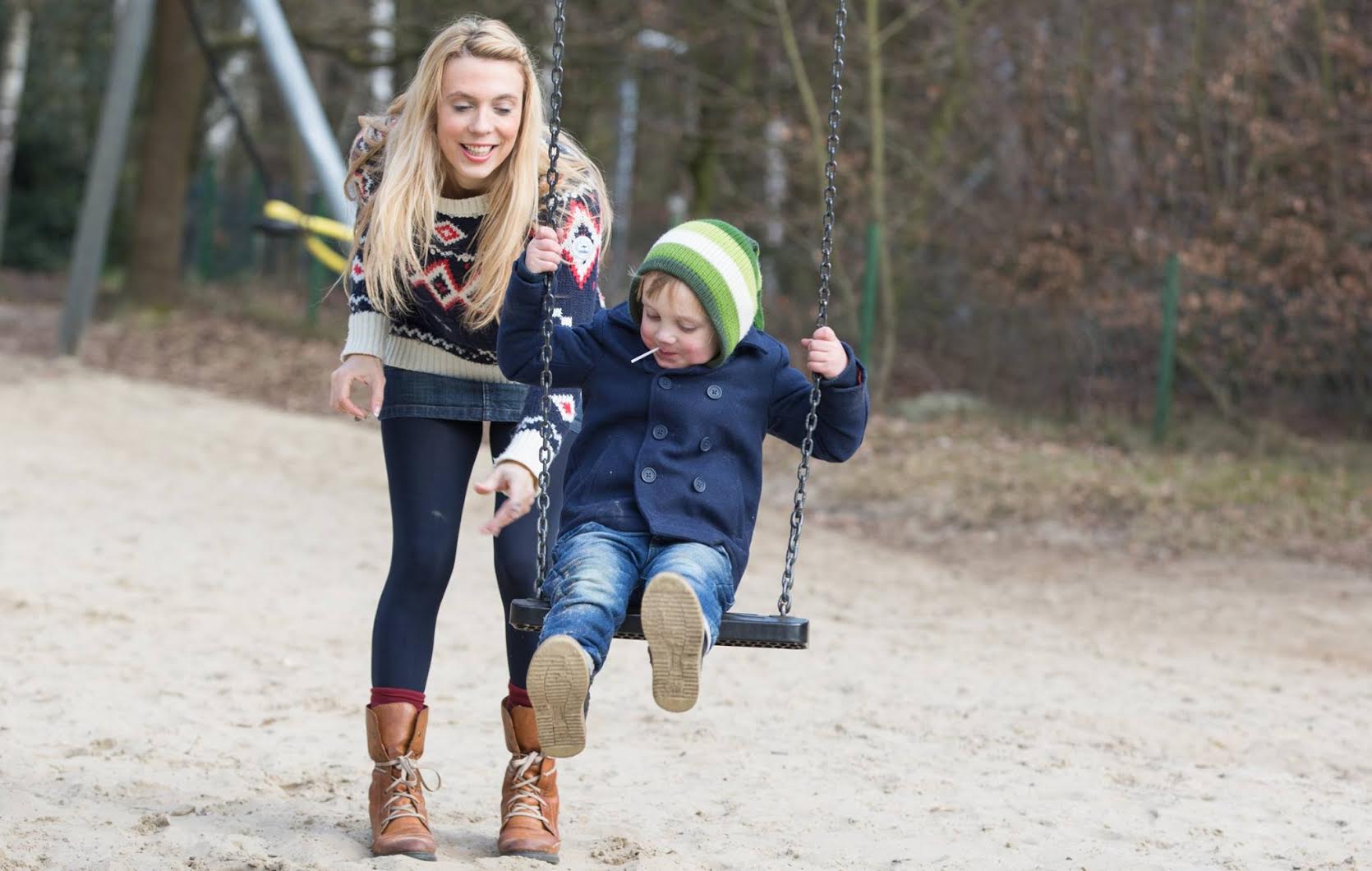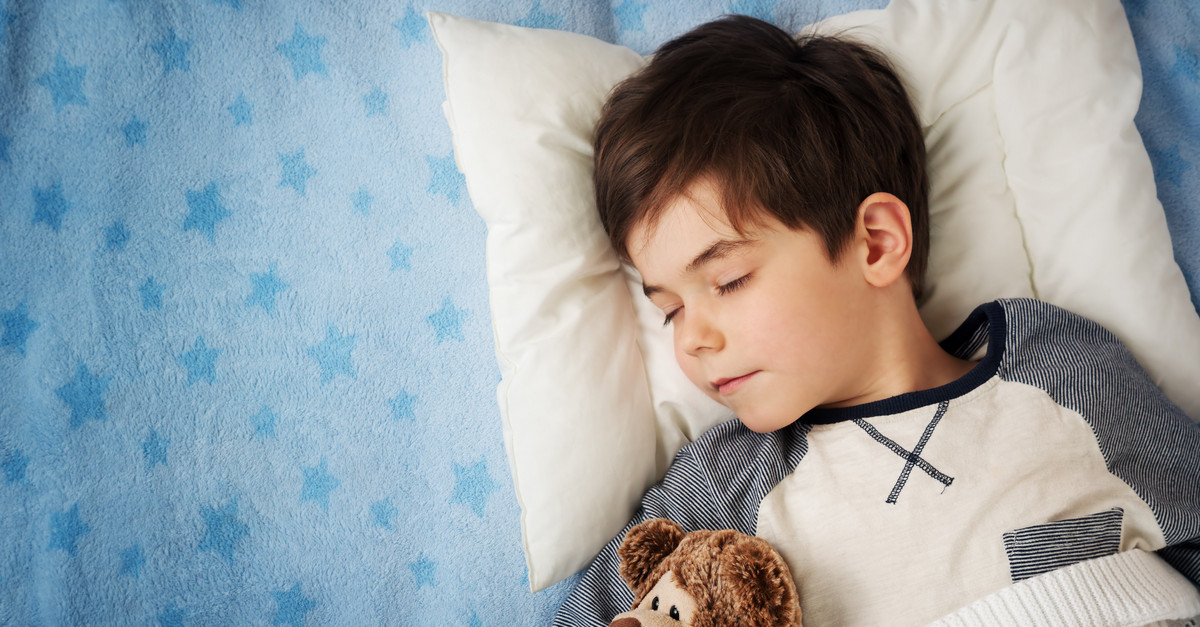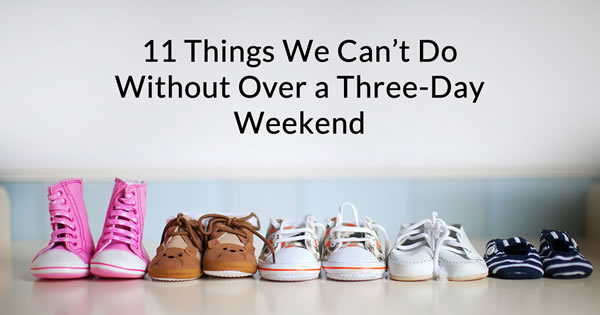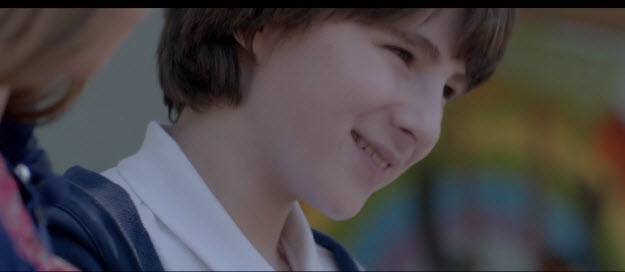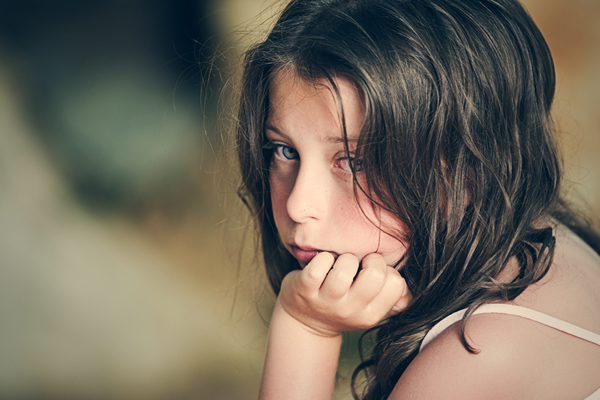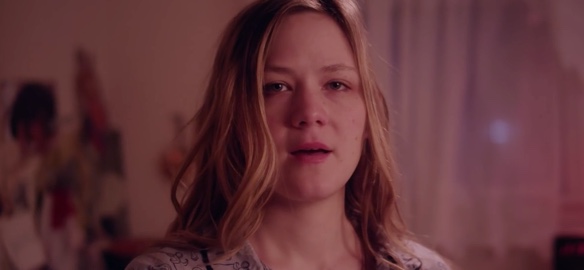Socializing Mommy: The Need for Playdates
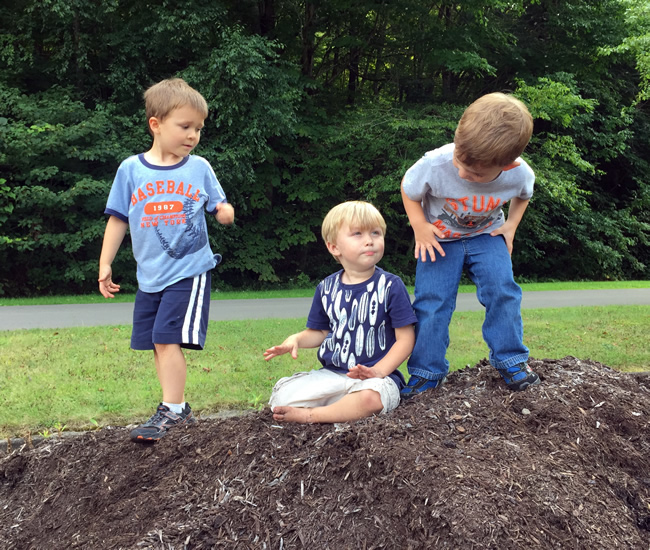
I was hit with a double whammy when it comes to playdates. First, my son was diagnosed with autism. Everyone from the doctors to therapists to many well-intentioned but ill-informed friends have suggested that I get my kids involved in playdates to “socialize” them. Because, you know, kids with autism are socially awkward. It’s true, my two boys are quirky little fellas and they sure can stand out in a crowd at times. Right after my son was diagnosed, I would nod my head in agreement to everyone’s suggestions, positive that they knew more than I did. I was determined to socialize the crap out of my kids.
Then, as if I wasn’t under enough stress already, I decided to homeschool my children. What?! Homeschool two boys with autism?! They’ll never leave the house. Of course, I never heard so much talk and concern about “socialization” until I brought up homeschooling. Once again, well-intentioned but misguided and misunderstood concern. Needless to say, I fell for all the rhetoric and got to work setting up as many playdates as I could. I was determined to prove that my autistic, homeschooled boys were not going to be socially awkward; well, any more than they normally would have been.
Anyone with small children was fair game for playdates. I asked them all. I was surprised how many people readily agreed. Only a few looked at me like I was nuts. Within a few weeks I had our days so full of playdates that we didn’t have any time for school and absolutely no down time. I soon found that, when it comes to playdates, quality beats quantity every time. There were certain kids that my boys just didn’t click with and, worse, there were certain moms that I didn’t click with. The playdates became more of a hassle than a fun get-together. We’d sit uncomfortably, staring at the children playing or fighting and counting the minutes until I could make a polite escape. After those playdates I would often feel more exhausted than refreshed.
Somewhere along this road I met a couple of moms where everything just clicked. The kids got along well, our parenting styles were similar and I actually enjoyed their company. When I left these playdates I always felt more energized. It was during one such visit, as I watched the kids each doing their own thing, sometimes playing together but mostly apart, that it occurred to me that these playdates were more for me than for my kids.
As my kids get older they automatically gravitate towards other children. They don’t always play typically, but they are drawn to and curious about other children. If nothing else, they enjoy watching the other kids play. It occurred to me that my kids are being socialized when they are playing with their grandparents, with their cousins, when they are at the park or a class or a birthday party. Kids will play with other kids. If they don’t like them they don’t play with them. They don’t get hung up on social niceties like adults do. They have a lot of opportunities to be around other children of all ages just by being a child themselves.
As a stay-at-home mom, I’m the one cooped up in the house or car alone with two tiny beings for 10 hours a day. I shuttle them from home to their classes then back home again, only engaging momentarily with other parents in passing. It seems to me like stay-at-home moms are the ones that need socialization, yet no one ever talks about that.
Having frequent playdates benefits moms in so many ways. First, it’s amazing how good it feels to share a parenting horror story with another mom and have her nod her head knowingly. Even if she doesn’t have any solutions, just knowing that you are not alone makes a world of difference. Second, playdates are a wonderful opportunity to see how others parent—How they interact with their child and how they handle their child’s behavior. Third, it’s a great way to watch other kids of similar ages to see if your child is progressing typically. Finally, sharing parenting tips and tricks with one another is invaluable. I’ve picked up a lot of great ideas from watching and talking to other mom friends on how to handle situations with my children.
When you have children with special needs, it’s even more important to find another special needs mom to connect with. I can’t begin to explain how good it feels to talk with another mom who’s in the trenches daily, and can relate to the subtle difficulties of raising a child with special needs. When in public with my children, I’m so used to being on guard, watching their every move in order to avoid a million different unpleasant scenarios. It’s such a liberating feeling when having a playdate with another special needs mom to be able to just relax and allow your child to play, interact or not interact as they wish. No explaining, apologizing, prompting or correcting…just playing. It’s heaven.
However, playdates with typical children help me to see that “normal” is a broad term and that typical children can be socially awkward too. It’s good for me to see that some of my sons’ quirky traits are not due solely to their having autism. All kids are weird. Period.
It’s important to hear about the struggles that parents with typical children face. It helps me realize that I’m not the only one with unique parenting struggles. They struggle too. We are all just blindly feeling our way through this parenting gig.
The original version of this blog piece first appeared here.



